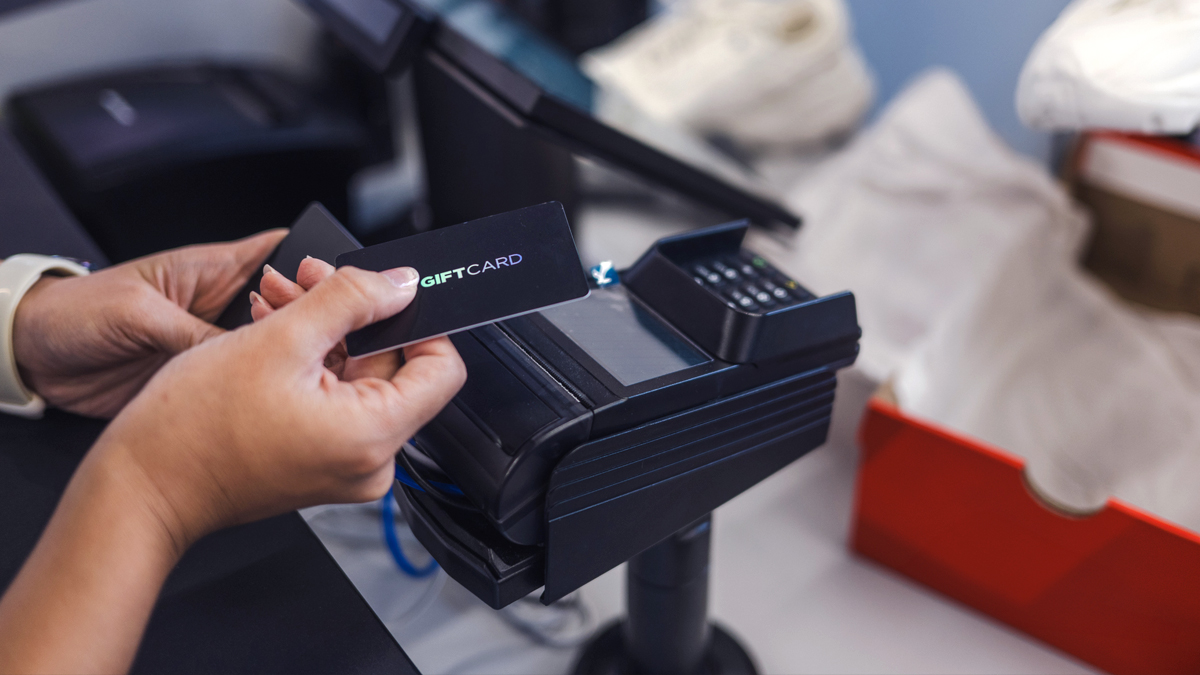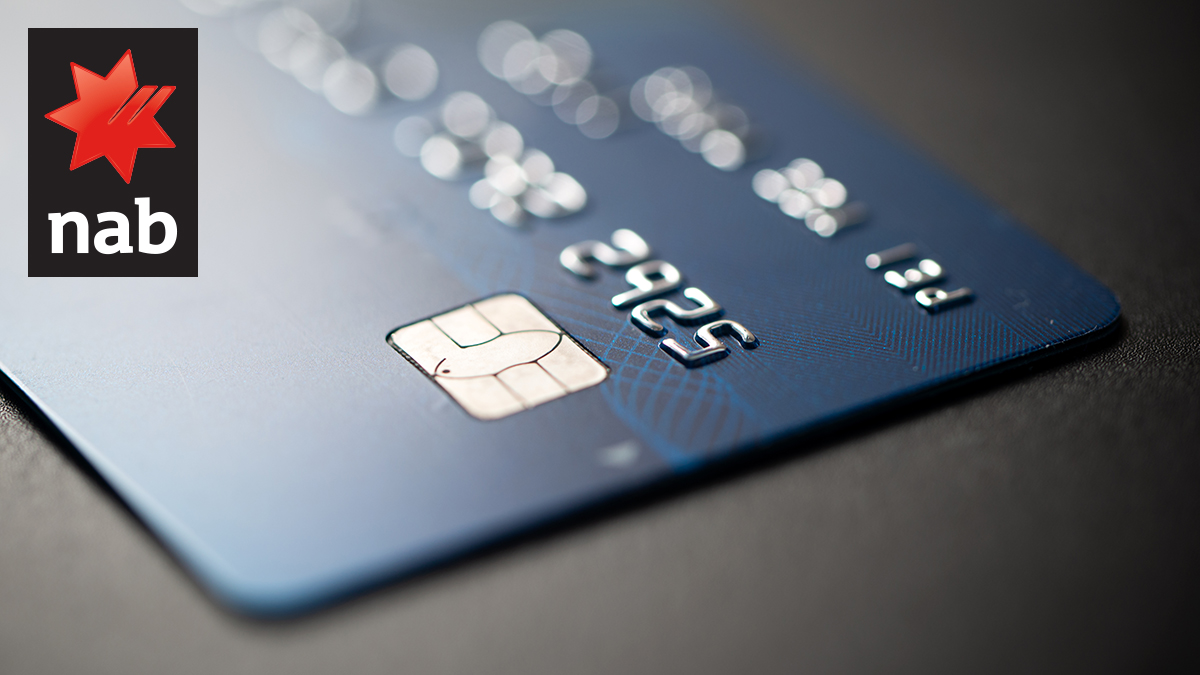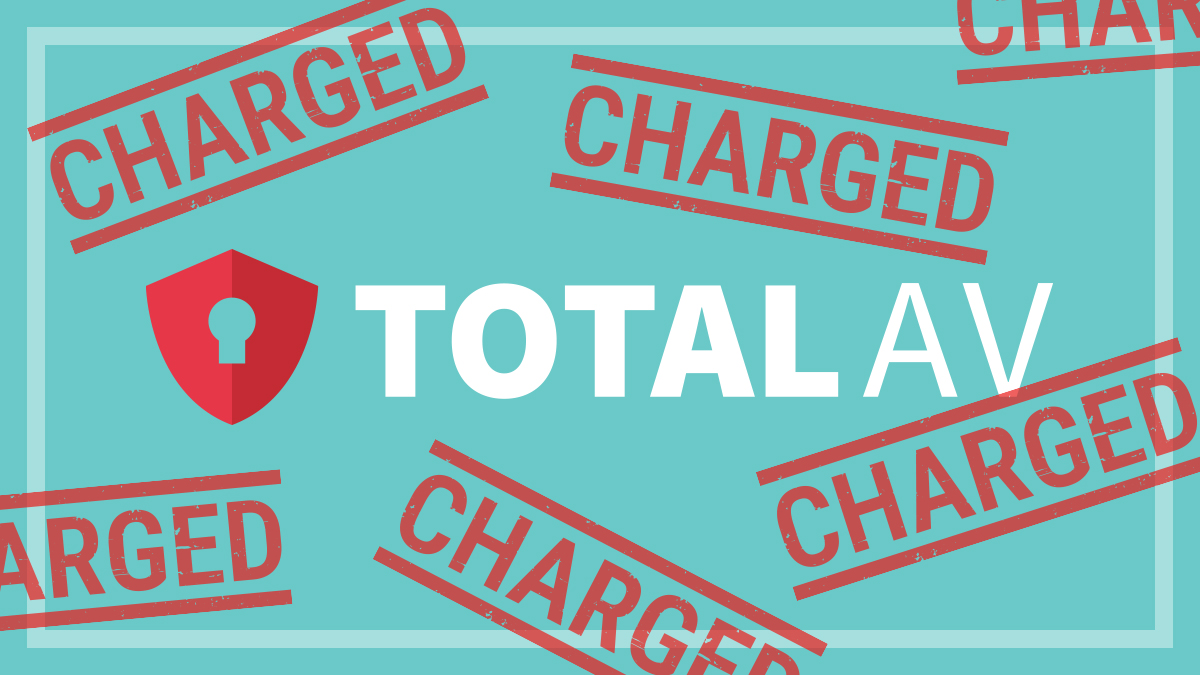Get our independent lab tests, expert reviews and honest advice.
Are wage advances the new payday loans?

Need to know
- New fintechs claim to be disrupting employer-determined pay cycles and delivering 'pay on demand', masking the fact that they are credit products that come at a cost
- They are exempt from laws requiring most lenders to run credit checks, have dispute handling processes and offer financial hardship assistance
- Aggressive marketing campaigns frame the companies as helping people in need, but neglect to mention that financial help can be accessed elsewhere for free
“Traditional pay cycles make you wait for your pay,” says Beforepay on its website, adding: “Beforepay makes every day your pay day!”
MyPayNow makes a similar declaration on its blog: “It’s your money. Our app is just simplifying the process and enabling you to get it sooner.”
These newcomers to the fintech lending sector claim to disrupt employer-determined pay cycles and deliver “pay on demand”.
Getting your own money earlier may be an enticing concept, but it masks the fact that these services are credit products. And, as with other commercial lenders, the amount you pay back will exceed the amount you borrow.
For a 5% fee, Beforepay and MyPayNow lend people a portion of the money they expect to be paid by their employer, before their next pay day. Beforepay customers can get advances of up to $300 per pay cycle, while users of MyPayNow can get up to a quarter of their wage.
MyPayNow promotes the fact that it doesn’t do credit checks on people before giving them wage advances
MyPayNow then deducts the loans, plus fees, by direct debit on pay day. Beforepay gets you to set up a repayment schedule spanning up to four weeks and direct debits payment on the scheduled dates.
There have been plenty of misgivings aired about these startups since they launched last year, including over whether they target people who are in financial hardship, effectively digging them into worse situations.
More credit, more debt
Tom Abourizk, a policy officer at the Consumer Action Law Centre, tells us lenders such as MyPayNow, which promotes the fact that it doesn’t do credit checks on people before giving them wage advances, are likely to attract customers who “know that credit might not be available to them otherwise… and often they’re people in real desperation”.
But MyPayNow’s managing director, Bronson Powe, argues credit scores vary between agencies that compile them and may contain outdated information. The company uses its own “extensive assessment to make sure our product is suited to [each customer]”, he says.
Applicants must be employed and earn at least $450 a week, among other criteria, to be accepted. “MyPayNow declines 60% of its applicants as we deem them to be unsuitable for our service,” Powe says.
The end result of this is that people end up with less of their salary in their pocket
Tom Abourizk, Consumer Action Law Centre policy officer
To make these assessments, the fintechs collect screen display data from people’s bank accounts – a technique called screen scraping – which they then use to evaluate your financial situation and decide whether to take you on as a customer.
Powe claims screen scraping is “the most accurate and secure way to obtain statements as it is real-time transactional data directly from the consumer’s bank”. He says it also “reduces the ability for anyone to commit fraud as the statements cannot be manipulated”.
But a 2019 submission to the Senate Select Committee on Financial Technology and Regulatory Technology raises serious questions over the accuracy of screen scraping. The joint submission by the Financial Rights Legal Centre and the Consumer Action Law Centre gives examples from clients whereby payday lenders used screen-scraped data that mistook lump sums from Centrelink as regular income, and payments to a cafe as rent, among other errors.
It also points out that sharing your online banking login details to allow screen scraping breaches the terms and conditions of your bank account and places you at risk of losing your protections under the ePayments Code. This means you could be liable for any loss you incur through theft or other misuse of your login details.
The fintechs collect data from your bank account using a technique called screen scraping – which they then use to evaluate your financial situation
Alexandra Kelly, director of casework at the Financial Rights Legal Centre, is concerned about other ways fintech companies might use people’s data.
“Are they sharing it? Are they making money out of it? That’s one aspect of these new services that I find very worrying,” she says, adding that many of the centre’s clients, after having a credit application rejected, get a text message or email from another provider “out of the blue”, offering them credit.
Powe says MyPayNow doesn’t share data about its applicants with third parties. Beforepay declined to tell us whether they do, or answer any of our other questions.
Fewer consumer protections
Unlike most credit providers, wage advance companies aren’t legally obliged to check if people can afford to use their service before signing them up. They don’t have to be members of the Australian Financial Complaints Authority, an independent dispute resolution scheme, in case things go wrong. They also don’t have to offer financial hardship assistance.
That’s because the rules under the National Consumer Credit Protection Act 2009 don’t apply to credit provided within a term of 62 days, with fees totalling no more than five percent of the loan and with interest charges amounting to 24% per annum or less. Buy now pay later (BNPL) schemes, which allow you to buy and immediately receive an item from participating retailers and pay back the BNPL provider over time, operate within the same exemption.
Tom Abourizk worries that, like BNPL services, wage advance schemes will add to many people’s existing debts. “What we often see with most forms of credit – and buy now, pay later is also a really good example – is that it will rarely be the only form of credit that someone has,” he says.

Clients may have any mix of car loans, personal loans and payday loans; of credit card debts and consumer leases. For people in these situations, a wage advance would be “another expense that reduces the amount of money that they have to spend and increases the debt that they’ve got”, Abourizk says.
ASIC’s report on Australia’s BNPL industry, published in November last year, illustrates the point. More than one in five BNPL users missed a repayment in the last year and 39% of them also had at least one small or medium loan. More than one in seven BNPL users overall took out an additional loan in order to make their BNPL payments on time, and one in five cut back on or went without essentials such as meals to make their repayments.
Many borrowers end up paying endless fees on multiple loans that never go away
The report also highlights the huge demand for these credit products. BNPL providers handled more than $5.6 billion in transactions in 2019, a growth of 79% from the previous year. Industry analysis firm Ibisworld forecast further growth for the sector last year, predicting the economic impact of the coronavirus and severe bushfires would push more people into using BNPL to access essential goods and services.
Desperation and demand
Wage advance companies appear to have entered a profitable market segment between BNPL services and payday lenders. Like BNPL businesses, MyPayNow and Beforepay offer credit in a way that skirts regulation. Like payday lenders, the new fintechs offer small amounts of quick cash for short periods.
Payday lenders typically sell loans to people so desperate for fast funds that they accept brutal repayment terms. Often they can’t repay the loan or, after repaying it, inevitably return to take out another. Many borrowers end up paying endless fees on multiple loans that never go away.
The average household with payday loans has about three going at once, at a combined value of almost $2900 – a rise of 356% since 2018, according to Digital Finance Analytics. The firm found that single mothers are the most likely to have several payday loans at once, which are often used for household expenses such as food, health care, children’s needs or bills. Annual interest rates for payday loans can vary anywhere between 112% and 408%.
The average household with payday loans has about three going at once, at a combined value of almost $2900 – a rise of 356% since 2018
The 5% fee charged by Beforepay and MyPayNow looks appealing by comparison. But if you use these services frequently, they come at a high cost. If you get a $300 advance every fortnight, the fees would add up to $390 a year.
Even when used less regularly, as Abourizk points out, the result remains that people “end up with less of their salary in their pocket”.
Aggressive marketing
A 2019 Senate inquiry report on credit and hardship noted the aggressive marketing of payday loans, which channel people towards using them “instead of more suitable alternatives such as financial counselling or low-interest loan schemes”. Wage advance companies are following suit, promoting themselves heavily through online, outdoor and radio ad campaigns, and with cash giveaways.
Like the websites of many online payday lenders, MyPayNow features a blog that appears to target young adults. Finance tips are interspersed with promotional spiels about its wage advance service, with posts such as ‘Budgeting tips for moving out of home – without emptying your savings’ and ‘Finance apps to take back control’.

The fintech portrays itself as a trusted ally (“Think of us like a supportive Aunt or Uncle – we’ll never judge, and we’ve always got your back if you find yourself in a sticky money situation”), and not a credit product. “There is a compelling new solution for those who need access to short term cash but don’t want to borrow money,” it said on its blog. “Access your earned wages.”
In a comment piece for The Australian at the end of last year, Tarek Ayoub, the CEO and co-founder of Beforepay, said people “should be able to access their pay when they need it”.
He cites a report by Ipsos and MLC that found 46 percent of Australians don’t have the money to cover unforeseen costs. “Consider the stress and anxiety that can crop up when an unexpected bill lands or when bank balances dip towards the end of the fortnight,” Ayoub writes.
Nowhere does the marketing mention financial counselling, hardship provisions or the government-backed no interest loan scheme, which are all free
But seeking to profit from people living pay cheque to pay cheque is arguably at odds with helping them. Nowhere in their marketing material do they mention financial counselling, hardship provisions or the government-backed no interest loan scheme, which are all free to use.
Free alternatives
On its website, MyPayNow says it is “far cheaper to use our wage advance service than paying late fees on utility bills”, yet neglects to mention that you can ask utility providers for financial hardship assistance, which may allow you to delay payments without paying late fees and set up an affordable payment plan. The National Debt Helpline helps people struggling with their finances to navigate their options with advice and sometimes legal assistance.
The no interest loan scheme (NILS) offers up to $1500 to eligible applicants to pay for essential goods and services such as fridges, car repairs, school books and dental procedures. But you can’t use the scheme to pay for food, rent, bills or to pay off other debts.
Dr Marcus Banks, an economic sociologist at RMIT University, says the limits on what NILS can be used for, who can use it and the fact that it “takes a week or two, at least, to get the money”, means there’s still a gap in the market for people who need money quickly and for other purposes.
“It’s not fast, it’s not flexible,” he says of the scheme. People take out payday loans because they have these qualities, and may use services such as Beforepay and MyPayNow for the near-instant cash advances they provide, which can be spent on anything.
CBA in the running
The Commonwealth Bank appears to see an opportunity in the wage advance model. It set up a similar service of its own late last year, called CommBank AdvancePay. Under a pilot program, the bank is offering some customers the ability to apply for up to $750 to draw from their everyday account when their balance reaches zero. The bank charges a $5 fee for amounts between $300 and $500, and a $10 fee for larger amounts of up to $750.
While Beforepay and MyPayNow encourage ongoing use of their services, CBA limits the number of times you can use AdvancePay, to “help you stay in control”, according to its website.
Control is a common theme in wage advance marketing. More frequent access to pay, according to Beforepay’s Tarek Ayoub, gives people “greater control over their financial wellbeing”. MyPayNow has urged people to “join thousands of users taking control of their pay”.
There’s a moralising around: why don’t people live within their means? It’s very hard when you don’t have much money
Dr Marcus Banks, economic sociologist at RMIT University
But it’s the lenders that retain control when it comes time to repay. MyPayNow and CBA direct debit the loans and fees on your next pay day. Beforepay does the same if you’re late to pay. These automatic deductions force you to work other expenses – including for essentials and other debts – around them.
If you don’t have enough funds in your account to pay back the CommBank AdvancePay limit on pay day, your account will be overdrawn and you’ll be charged the debit excess interest rate, which is currently 14.9%. An overdraw fee may also apply if you make transactions on your account while overdrawn.
Beforepay and MyPayNow, on the other hand, don’t charge for missed payments. They reschedule the payment to your next pay day, and don’t let you take out further cash advances until you’ve repaid the outstanding amount.
Unlike MyPayNow and Beforepay, if you run into issues with CommBank AdvancePay, you can lodge a complaint with the Australian Financial Complaints Authority.
Regulatory whack-a-mole
Tom Abourizk says Beforepay and MyPayNow offer a service that is “very, very similar to a payday loan and should be regulated as such”.
Banks supports the idea, but says this wouldn’t address the underlying issue of demand. Bringing in new credit laws to regulate new providers would place “a band-aid over a structural issue that’s emerged in the last 40 years”, he says, with the deregulation of the financial sector and labour markets, and decreased welfare entitlements.
He says this has resulted in unstable work and financial insecurity, creating fertile ground for providers of quick credit. Consumer groups and ASIC are engaged in a constant game of regulatory whack-a-mole, he says, with new financial firms.
“The new ones will become the old ones in a couple of years time and as regulation catches up with them, there’ll be some new types that will come about,” Banks says. “There’s a moralising around: why don’t people live within their means? It’s very hard when you don’t have much money.”
In the absence of enough decently paid, steady jobs, he says, “the real solution is increasing social security payments”. Banks says the coronavirus supplement has been important in cutting the demand for expensive credit products, but with Jobseeker payments going down in April, he predicts the demand will go up.
For their part, the new lenders are quickly gaining ground. MyPayNow has amassed 97,000 users in less than eight months. One of Beforepay’s major investors, James Spenceley, was reported saying he wants to see Beforepay come to be used as a verb, like Google. This vision of the future sees the ubiquity of instant credit not as a potential problem but a normal part of life. If fulfilled, those who make money from the situation will be the clear winners.
For free, independent and confidential financial advice, you can call the National Debt Helpline on 1800 007 007.




